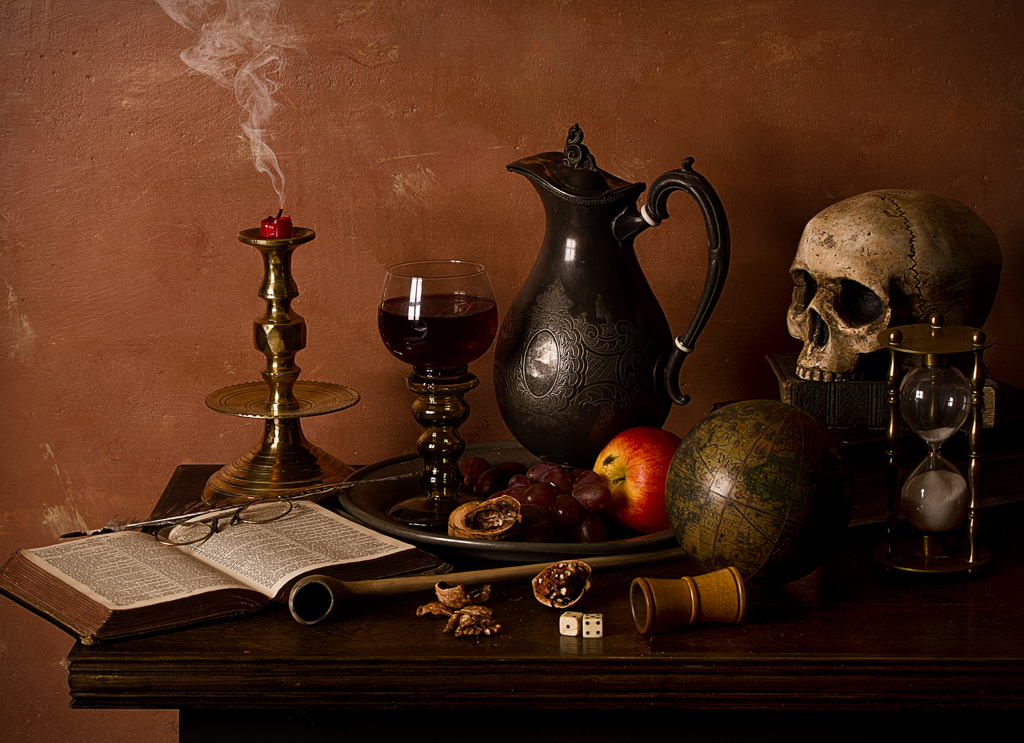RedRobin
Dances With Dogs
- Messages
- 9,314
- Name
- Robin
- Edit My Images
- Yes
I'm sure that *most* people take photographs without intentionally building a body of work - those who do are surely the exception, rather than the rule, even on here.
.... I am certainly one of those people who never intentionally builds a body of work. However, one of the features of Flickr which I like very much is how it presents a page of your work like a portfolio and you can't help but then be aware of how your photography is rolling.





 Still Life with Wine and Walnuts
Still Life with Wine and Walnuts